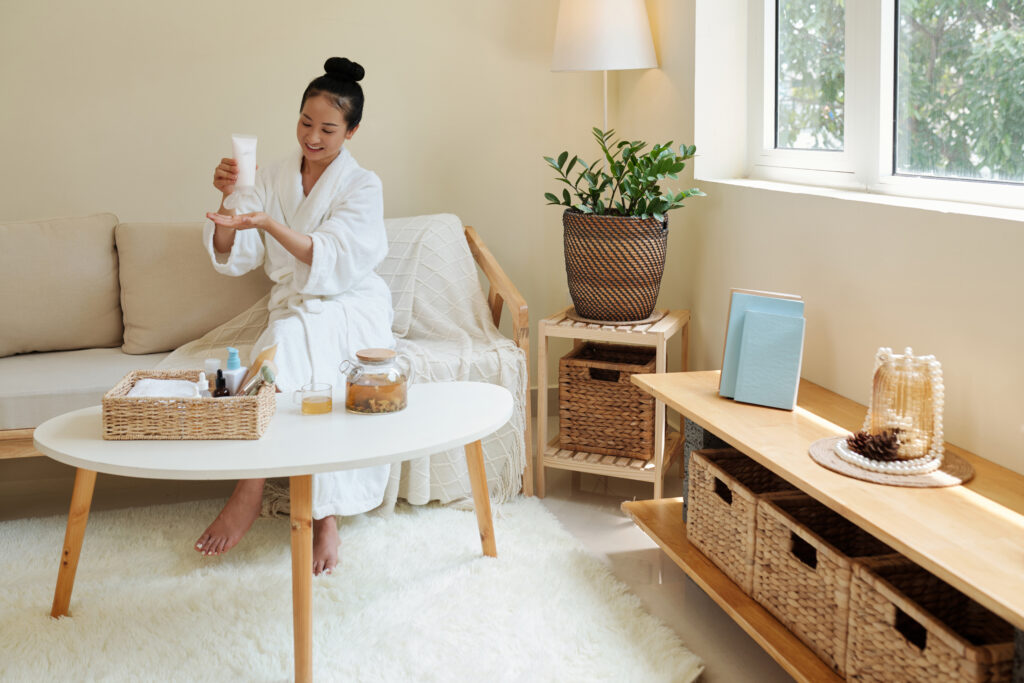We all know how important it is to practice self-care, but sometimes it can be hard to know where to start. Whether it’s a big event or a small gesture, there are many ways to take care of yourself and make sure you’re feeling your best. From getting some fresh air to taking a spa day, here are some small and big ways to practice self-care. Keep reading to learn more.
Invest in self-care treatments.
Taking care of your skin and appearance is one of the best ways to practice self-care. For example, anti aging treatments can help you learn about better methods and products made for your skin type. Aesthetic treatments can help you reduce the appearance of wrinkles, maintain collagen production, prevent sun damage, and slow the aging process. When you take care of your skin, you’re essentially taking care of the largest organ your body has.
Eat nutritious foods.
Eating nutritious foods is an important part of self-care. While it may seem obvious, many people don’t truly understand the importance of eating a balanced diet and how it can benefit overall health. Eating nutritious foods provides our bodies with essential nutrients that keep us healthy and strong. A balanced diet includes a variety of fruits and vegetables, lean proteins, whole grains, legumes, nuts, and seeds. These types of foods provide the body with vitamins, minerals, fiber, and other essential components for optimal functioning.
More importantly, these types of foods contain antioxidants that support immunity by fighting off free radicals that can lead to disease or illness. Eating nutrient-rich food also helps regulate hormones in the body which are responsible for our moods as well as appetite control. This makes it easier to make healthy lifestyle choices when we have better access to natural energy levels from proper nutrition rather than relying on quick fixes like caffeine or sugar-laden snacks. Finally, consuming nutrient-dense food helps promote mental clarity and maintain energy levels.
Get enough sleep.
Getting enough sleep is an important part of self-care. Sleep has a major impact on physical and mental health, as it affects energy levels, concentration, moods, immune system functioning, and more. Quality sleep can help reduce stress levels, improve cognitive function and alertness, boost creativity and productivity, and even promote better relationships with others. Unfortunately, many people lack quality sleep and this can be detrimental to both physical and mental well-being.
To ensure that you get the most out of your restful slumber there are some small steps you can take to practice good self-care when it comes to getting enough shut-eye. First, you’ll want to set a regular bedtime routine. Avoid napping during the day, and limit caffeine consumption after midday. Make sure to turn off electronic devices at least 30 minutes before bedtime, and create an environment conducive to sleeping by using blackout curtains or noise canceling headphones if necessary. You can also use aromatherapy such as lavender oil or herbs like chamomile in your bedroom’s atmosphere. Drinking plenty of water throughout the day helps keep hydration levels up so that you don’t wake up feeling thirsty during night time hours.
Learn more about your own culture.
When it comes to practicing self-care, learning about your heritage and reclaiming your culture are a few great ways to care for yourself. Whether you use My Heritage vs Ancestry, you can connect to your heritage by making recipes that are native to your culture, taking part in cultural events, or learning new languages. Start exploring your ancestry to practice self-care.
Overall, self-care is an essential part of maintaining physical, mental, and emotional wellbeing. Small and big ways to practice self-care can help individuals to stay healthy and balanced and to manage stress and difficult emotions. With the right tools and strategies, anyone can make self-care a part of their daily routine.

